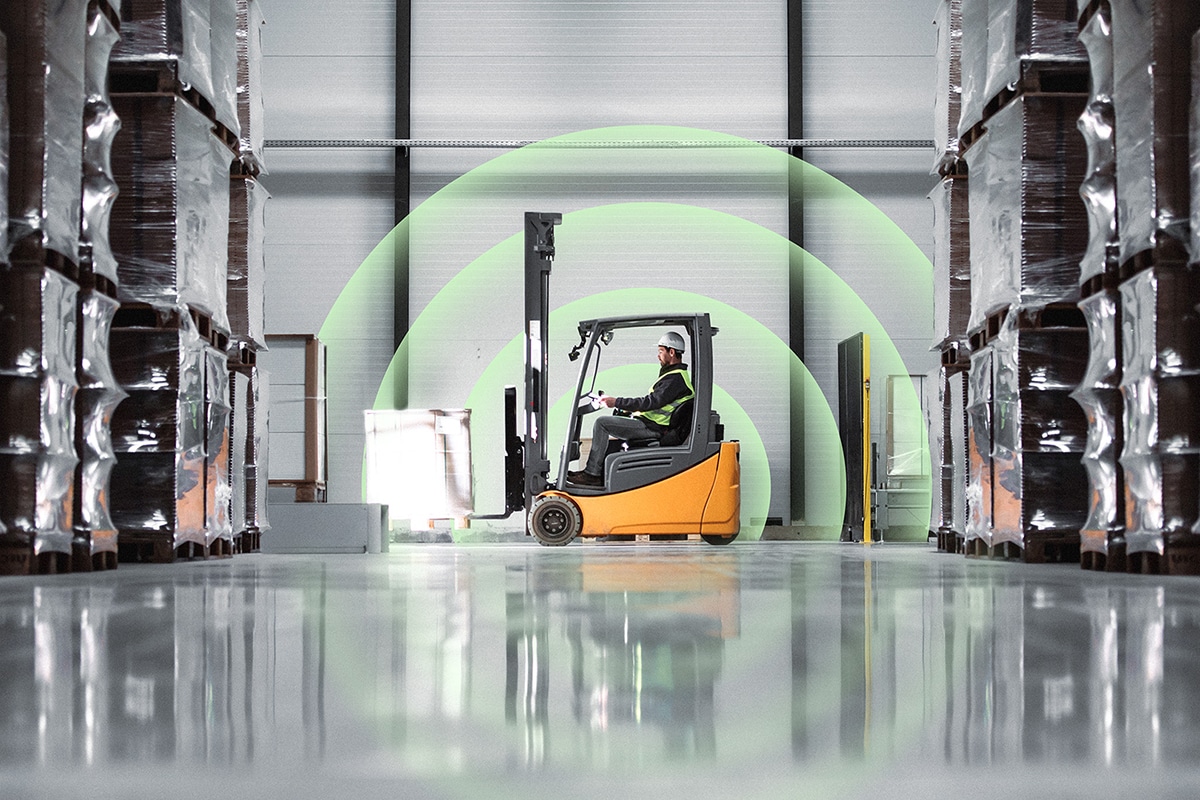
Reduce CO2 emissions with 89% thanks to diesel-powered S-Line pump sets from Gorman-Rupp
In these industries, Gorman-Rupp sees the importance of corporate social responsibility increasing. Among other things, this manifests itself in a greater focus on the environment. Clients and policy makers are increasingly demanding a "green" approach. Gorman-Rupp's clients are looking for ways to go along with this.
HVO is categorized as a non-fossil fuel. Non-fossil fuels are produced from plant and animal feedstocks, such as: plant residues, vegetable fats and animal fats. There are many names in use for these non-fossil fuels. Blue diesel, CO2-fuel, green diesel and synthetic diesel. All names used and often referred to as biodiesel for simplicity. For clarity: HVO is not biodiesel. Although biodiesel and HVO have the same basic raw materials, the manufacturing process is substantially different. Biodiesel is generally offered as an admixture ("blend") to regular, fossil diesel.
Efficiency
HVO stands for Hydrotreated Vegetable Oil. HVO offers several advantages over biodiesel. The production process uses hydrogen to extract oxygen from the biomass. After extracting oxygen from the biomass, a mixture of linear, kerosene hydrocarbon molecules, water and CO2 is created. HVO has a high cetane number of up to 76 (for regular diesel it is 51). A higher cetane number means more efficient and cleaner combustion. The cetane number of a diesel indicates how fast the fuel ignites. The higher the cetane number the faster the fuel will ignite and the more efficient the engine will run. Gorman-Rupp advises against the use of biodiesel. Modern diesel engines with high-pressure common rail injection systems, among others, will not function correctly with these fuels in the long run. In addition, the environmental impact of biodiesel, as an admixture to regular diesel, is low.
Benefits of using HVO
The main advantage in using HVO is the reduction of CO2. HVO fuels are certified by the ISCC and offer a CO2 reduction of up to 89%. This saving is a (calculated) maximum realized in the total chain, or: from well to wheel. So from the source (extraction) to the exhaust. ISCC-certified fuels are made from different raw materials than those used in food production, for example. The production of certified fuel does not endanger the food chain.
Second, an HVO fuel gives a much cleaner combustion. For this, NOx, particulate matter and sulfur emissions are also lower. This cleaner combustion has immediately and other added benefit. All Gorman-Rupp S-line diesel-powered pump sets are equipped with a stage-V diesel engine. In the higher power classes, these use a particulate filter. Among other things, this application ensures lower particulate matter emissions. As a result, cleaning or replacement of particulate filters is needed less frequently. This leads to major savings in operating costs.
Disadvantages HVO
HVO is more expensive than regular diesel. The price difference fluctuates. As a rule, the price difference is about 30 cents per liter. In addition, the availability of HVO is not as easy as regular diesel, especially at project sites. Fortunately, more and more suppliers are including HVO fuel in their program.To achieve the maximum environmental benefit, mixing with regular diesel must be avoided. This requires a complete conversion to HVO only, or to separate fuel systems. The disadvantages mentioned are minor compared to the environmental gains to be gained from using HVO fuels. The use of HVO fuels in combination with modern stage-V diesel engines allows companies to make a major contribution to their environmental goals relatively easily.
Complete range of pump sets
The complete range of S-Line diesel-powered pump sets for 2021 has been made suitable for the use of HVO fuel by Gorman-Rupp. In order to boost green ambitions in various sectors. Gorman-Rupp will also develop new products and technologies in the coming years that will enable their customers to keep up with these rapid developments.
Learn more: www.grpumps.nl




